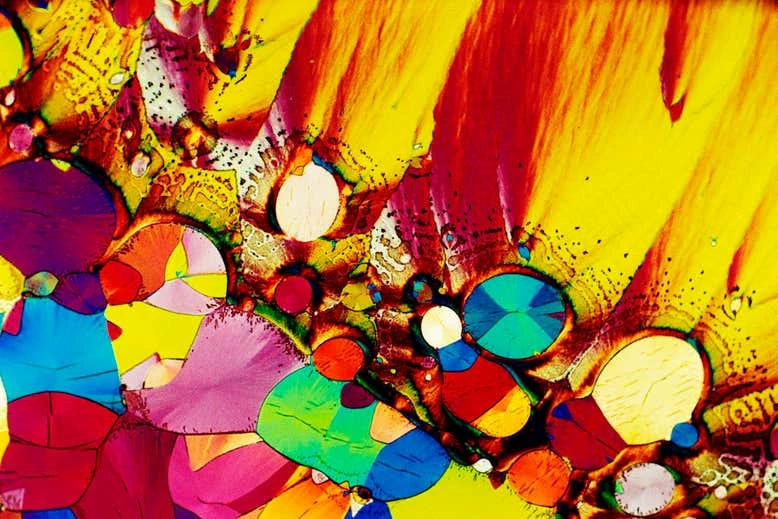Major analysis reveals no connection between serotonin and depression
Feeling younger has more than just psychological benefits / Supermoon will peak tonight, appears up to 30% bigger and brighter in the sky
According to a meta-analysis of 17 studies, there may be no association between serotonin levels and depression. The authors of the analysis state that this raises questions about antidepressants that target this signaling molecule in the brain. However, not everyone is convinced by the findings.
Serotonin hypothesis, which dates back to the 1960s, showed that depression is caused by a chemical imbalance in the brain, including low levels of serotonin, also known as 5-hydroxytryptamine or 5-HT. Although the most widely used antidepressants, known as selective serotonin reuptake inhibitors (SSRIs), increase the availability of serotonin in the brain, we now believe that a variety of biological, psychological, and environmental factors also play a role.

A polarized light micrograph of the brain neurotransmitter serotonin crystals.
Joanna Moncrieff at University College London and her coworkers have now conducted a "umbrella analysis" of 17 systematic reviews and studies, totaling hundreds of thousands of participants with and without depression.
The 17 studies examined depression and serotonin proxies, such as the molecules in cerebral fluid that serotonin breaks down into; the levels of serotonin receptors and how active they are; or whether there are more genes for serotonin transporters – which remove serotonin – in depressed individuals. According to Moncrieff's team, there is no proof that depression is brought on by low serotonin levels or activity.
Moncrieff states, "The implication of our paper is that we do not know what [SSRI] antidepressants are doing". She suggests that one explanation for their success could be the placebo effect.
A drawback of the analysis, according to Johan Lundberg at the Karolinska Institute in Sweden, is that it failed to differentiate between those who had episodes of depression and those who had ongoing depression, whose states at the time of the assessment may have affected how well their serotonin systems were functioning. To have the best conditions to test the hypothesis, he says, it is essential to analyze data from studies that look at the same patients both ill and in remission.
According to Moncrieff, the review was based on previous research, none of which revealed any differences between those who had a history of depression or were currently exhibiting symptoms.
Paul Albert of the University of Ottawa in Canada says, "It must be recognized that 5-HT is likely only one contributor to depression." Given the significant placebo effect in treating depression, it is likely that other systems, including dopamine, which is linked to the placebo effect, may contribute more than 5-HT.
"Antidepressants are an effective, NICE-recommended treatment for depression that can also be prescribed for a range of physical and mental health conditions," a spokesperson for the Royal College of Psychiatrists told the Science Media Centre in the UK, referring to NICE treatment guidelines. "The effectiveness of antidepressants will vary for different individuals, and the reasons for this are complex". Based on this review, Royal College of Psychiatrists do not advise anyone to stop taking their antidepressants, and advise anyone who has questions about their medication to speak with a doctor.
Reference: Molecular Psychiatry, DOI: 10.1038/s41380-022-01661-0
End of content
Không có tin nào tiếp theo
